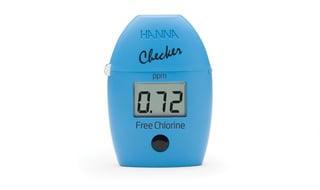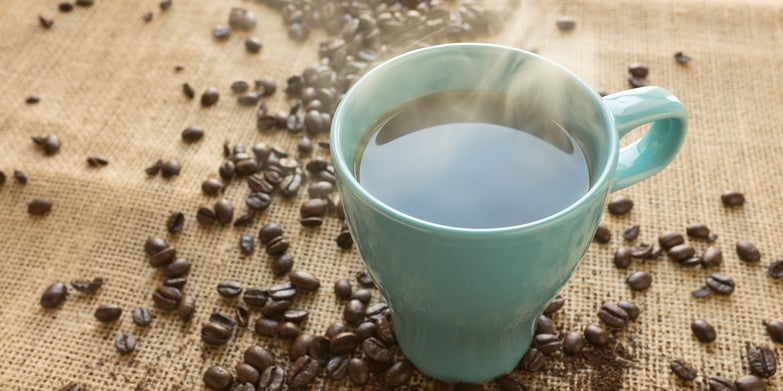
Approximately 100 million Americans drink coffee daily.
But what goes into that perfect cup of Joe that makes it taste so good? A recent article from Water Technology Magazine states that the secret to a perfect cup of coffee is how the water is treated.
Many studies have been performed to find the secret to perfect coffee making, like British scientist Christopher Hendon who has recently published his work "The Role of Dissolved Cations in Coffee Extraction," in the Journal of Agricultural and Food Chemistry. In his research he discovered that the chemical composition in water is the key to enhancing the different flavors from the coffee beans.
How Does Your Coffee Measure Up?
The Specialty Coffee Association of America has put forth standards for the quality of water. These are the the target parameters to be met:
- Total Chlorine = 0 mg/l
- TDS = 150 mg/l
- Total Alkalinity = 40 mg/l
-
pH = 7.0
Hard water, as opposed to soft water, makes for a better tasting brew. However, hard water will cause scale buildup in the equipment being used and may increase maintenance costs. Hendon's Pros and Cons to types of water treatment is made prior to coffee brewing.
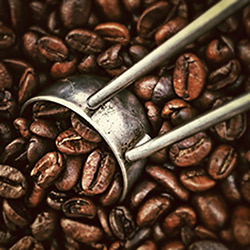
Polyphosphate/Siliphos Treated Water
This type of water forms a layer of protection on the coffee machine, ultimately inhibiting scale deposition and is therefore not a good fit for brewing coffee.
Distilled Water
Using distilled water will help to protect the equipment, however because of the lack of minerals present, the coffee will have a flat flavor.
Reverse Osmosis (RO) Water
Like distilled water, RO water will give the coffee a flat taste due to lack of minerals. Unlike distilled water, however, this may cause the equipment to rust. However, with the use of a mixing blend to increase the TDS and bring forth more hard water, this water treatment can make a decent coffee brew.
Softened Water
Softened water can create a flat taste in coffee due to ions being introduced to the water treatment process. However, this water will not be as harmful on the equipment.
Activated Catalytic Carbon Treated Water
This type of treatment will take out bad water and taste leaving some minerals after the treatment process is complete. If the hardness of this water is not very high it would be considered ideal for the perfect brew of coffee. However, this process will not protect the equipment being used.
Activated Catalytic Carbon with Nano-Crystal Scale Control
Along with the previous type of water treatment process, this process (if hardness is at appropriate level) would be ideal for the perfect brew of coffee. However, the nano-crystal will help reduce maintenance on the machines being used.
Activated Catalytic Carbon with Ion Exchange Scale Control
This type of process is specifically designed for coffee and other applications. By reducing hardness to a proper range and improving bad odor and taste, this type of treated water makes for a good cup of coffee!
Bottled water
Depending on the water sources, the type of water in bottled water could have too many minerals causing the coffee to taste bitter or over-extracted.
Analyze Your Water to Make the Perfect Brew!
Hanna Instruments carries a variety of products to help measure water:
Chlorine
Total Chlorine Checker® HC - HI711
Free Chlorine Checker® HC - HI701
TDS
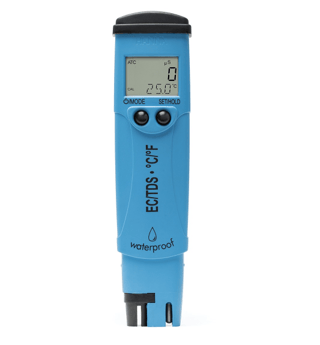
DiST® 5 EC/TDS/Temperature Tester - HI98311
Alkalinity
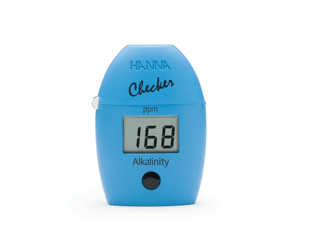
Freshwater Alkalinity Checker® HC - HI775
pH
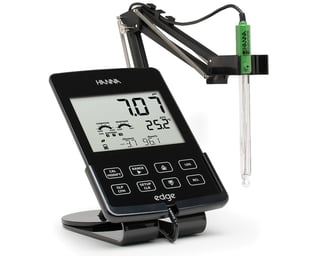
edge® Multiparameter pH Meter - HI2020
That's why we've dedicated our blog as a helpful resource for you to use! Catch up on the latest products, explore industry trends, discover testing tips, learn how to improve results, and more. Got questions? Email sales@hannainst.com.
